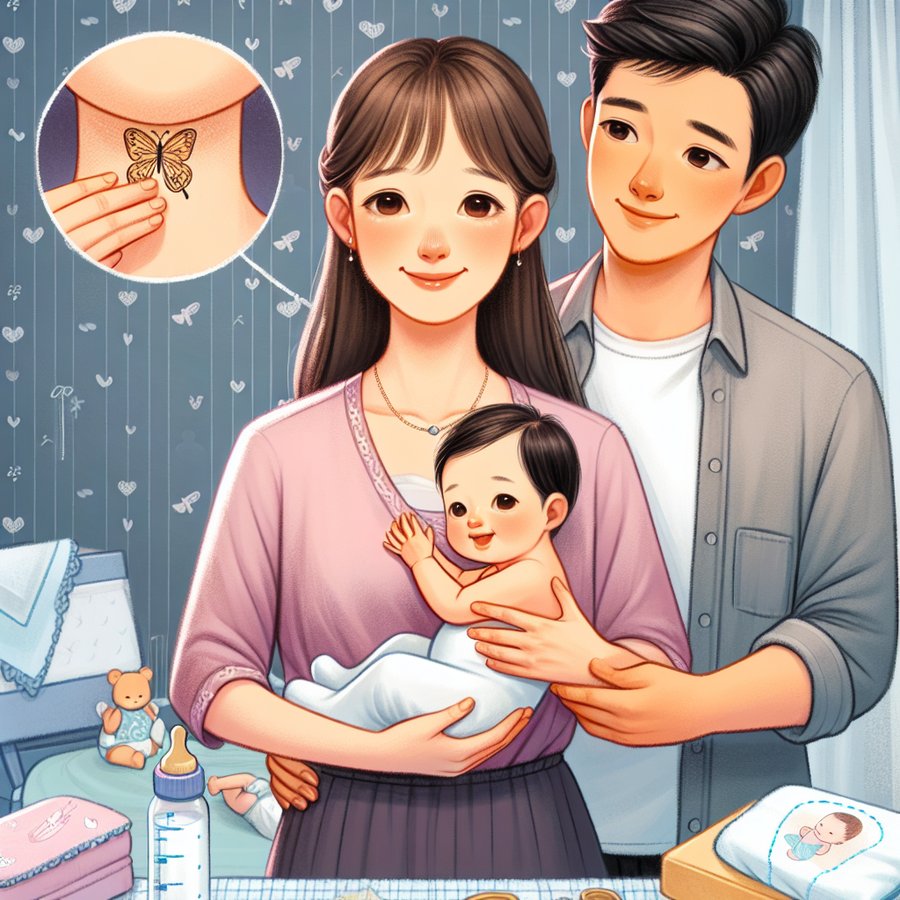As a new mom, navigating the sea of changes your body undergoes after childbirth is no small feat. Among these changes, one lesser-known but significant condition is postpartum thyroiditis. I remember the confusion and concern when I first heard about signs of postpartum thyroiditis from a friend who went through it. It’s not something that’s widely talked about, but understanding these signs can make a world of difference. So, let’s dive deep into what postpartum thyroiditis is, its symptoms, and how to manage it, sprinkling in some personal experiences and expert insights along the way.
What exactly is postpartum thyroiditis?
Postpartum thyroiditis is an inflammation of the thyroid gland that occurs after giving birth. It’s a rollercoaster ride for your thyroid function, starting with hyperthyroidism (where your thyroid is overactive) and often followed by hypothyroidism (where your thyroid is underactive). The shifts in thyroid hormone levels can affect your overall well-being significantly. It’s a condition that sneaks up quietly, often mistaken for the usual postpartum blues or even exhaustion from caring for a newborn.
I remember my friend describing her experience with postpartum thyroiditis. One day she was feeling unusually energetic, only to crash into unexplainable fatigue the next. It wasn’t until she shared these symptoms with her doctor that she learned about postpartum thyroiditis. This conversation was an eye-opener for me, highlighting how crucial awareness and communication with healthcare professionals are.
What are the signs of postpartum thyroiditis?
Recognizing the signs of postpartum thyroiditis is the first step towards managing this condition. The symptoms can vary depending on whether you’re in the hyperthyroid phase or the hypothyroid phase. During the hyperthyroid phase, you might experience unexpected weight loss, irritability, sensitivity to heat, and insomnia. Conversely, the hypothyroid phase can bring about weight gain, fatigue, sensitivity to cold, and depression.
For me, understanding these signs was crucial when my cousin went through postpartum thyroiditis. She was battling fatigue and weight gain without knowing why. It was a conversation about signs of postpartum thyroiditis that led her to seek medical advice and eventually get the right diagnosis. This personal experience underscored the importance of being aware and proactive about our health, especially in the postpartum period.
How is postpartum thyroiditis diagnosed and treated?
Diagnosing postpartum thyroiditis involves a combination of clinical evaluation and thyroid function tests. If you’re experiencing any of the signs of postpartum thyroiditis, it’s essential to reach out to your healthcare provider. They may conduct blood tests to measure your thyroid hormone levels and assess your thyroid’s overall functioning.
Treatment for postpartum thyroiditis varies depending on the phase and severity of the condition. In some cases, the thyroid normalizes on its own without intervention. However, medication might be necessary to manage symptoms, especially in the hypothyroid phase. Personally, seeing a friend go through the treatment process for postpartum thyroiditis was enlightening. It highlighted the importance of personalized care and the need for patience as the body gradually finds its balance.
Can postpartum thyroiditis be prevented?
While there’s no guaranteed way to prevent postpartum thyroiditis, understanding risk factors and maintaining open communication with your healthcare provider can help in early detection and management. Factors such as a history of thyroid issues, autoimmune diseases, or previous instances of postpartum thyroiditis increase the risk. Ensuring regular check-ups and discussing any concerns or symptoms with your doctor can be beneficial.
In my journey, learning about postpartum thyroiditis and sharing experiences has been invaluable. It’s taught me the significance of awareness and the power of support. Whether it’s through conversations with healthcare providers or sharing stories with fellow moms, understanding and managing signs of postpartum thyroiditis is a collective journey.
As we wrap up this exploration of postpartum thyroiditis, I hope you’ve found the insights and anecdotes shared here enlightening. Remember, every mother’s experience is unique, but you’re not alone on this journey. Recognizing the signs of postpartum thyroiditis and seeking timely support can pave the way for a healthier postpartum period. For more resources and support on navigating motherhood, explore topics like creating a baby-friendly home for first-time parents, breastfeeding support for working mothers, and maintaining a healthy relationship after baby arrives on our blog. Together, let’s embrace this journey with knowledge, care, and support.













